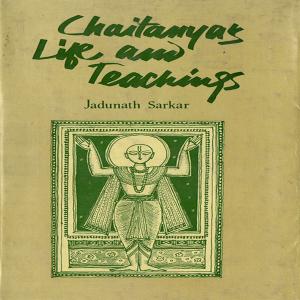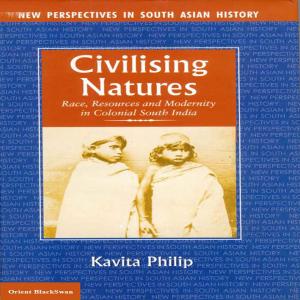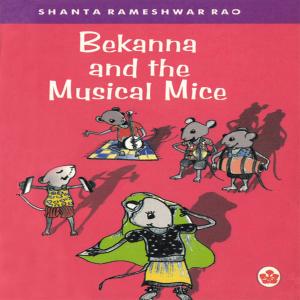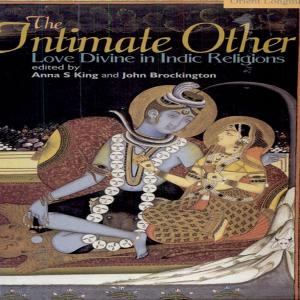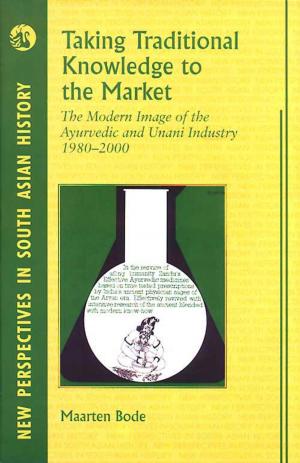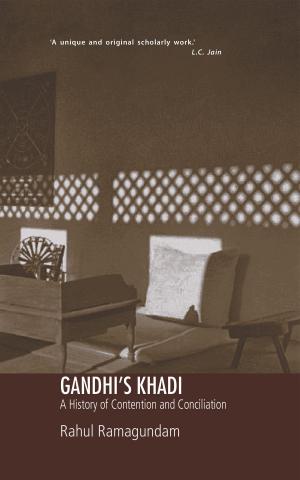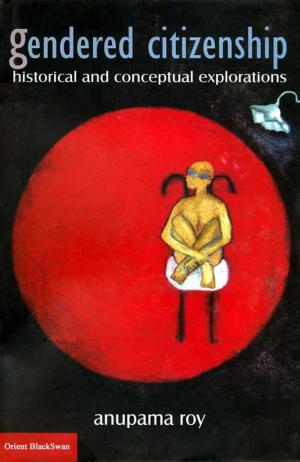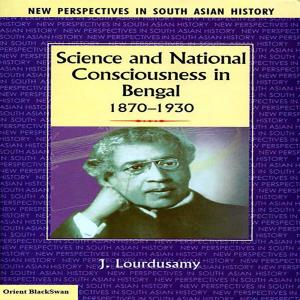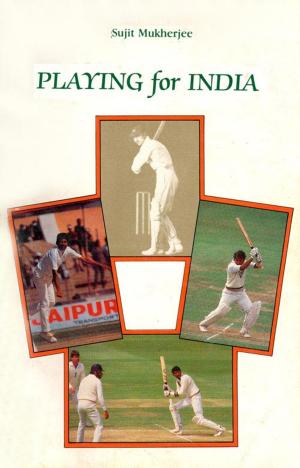| Author: | M.T.Vasudevan Nair | ISBN: | 9788125054399 |
| Publisher: | Orient Blackswan Private Limited | Publication: | December 15, 2009 |
| Imprint: | Language: | English |
| Author: | M.T.Vasudevan Nair |
| ISBN: | 9788125054399 |
| Publisher: | Orient Blackswan Private Limited |
| Publication: | December 15, 2009 |
| Imprint: | |
| Language: | English |
Women of character and strength, reveal his failings, one by one. And, Sudhakaran runs; from village to town, from town to city and city to city. The city now is Varanasi. This ancient city reminds him of all that it stands for—dharma, lust and death—and that there is no place where one can hide ones mistakes. Of all places one cannot hide in Varanasi, where memories hold the city together; and, where Kalabhairavan, astride his fierce dog, punishes everyone before salvation.Varanasi, in his trademark austere writing style, is Jnanpith laureate M. T. Vasudevan Nairs latest novel. Non-linear and set through the protagonists reminiscences, this novel is MTs experiment in style. The narrative is in the unusual alternating person view, where the narrator smoothly shifts between the first, second and third person. Complemented by a steady stream of paradoxes and allusions, legends and parallel realities, this novel makes for an engaging read.Translated by Sahitya Akademi award winner N. Gopalakrishnan, this work is laced with the flavours of the original Malayalam, even as its protagonist leaves his native far behind and for too long. However, Sudhakaran and other etched characters of Varanasi are here to stay, for a long time to come—like the grand old city itself.
Women of character and strength, reveal his failings, one by one. And, Sudhakaran runs; from village to town, from town to city and city to city. The city now is Varanasi. This ancient city reminds him of all that it stands for—dharma, lust and death—and that there is no place where one can hide ones mistakes. Of all places one cannot hide in Varanasi, where memories hold the city together; and, where Kalabhairavan, astride his fierce dog, punishes everyone before salvation.Varanasi, in his trademark austere writing style, is Jnanpith laureate M. T. Vasudevan Nairs latest novel. Non-linear and set through the protagonists reminiscences, this novel is MTs experiment in style. The narrative is in the unusual alternating person view, where the narrator smoothly shifts between the first, second and third person. Complemented by a steady stream of paradoxes and allusions, legends and parallel realities, this novel makes for an engaging read.Translated by Sahitya Akademi award winner N. Gopalakrishnan, this work is laced with the flavours of the original Malayalam, even as its protagonist leaves his native far behind and for too long. However, Sudhakaran and other etched characters of Varanasi are here to stay, for a long time to come—like the grand old city itself.

